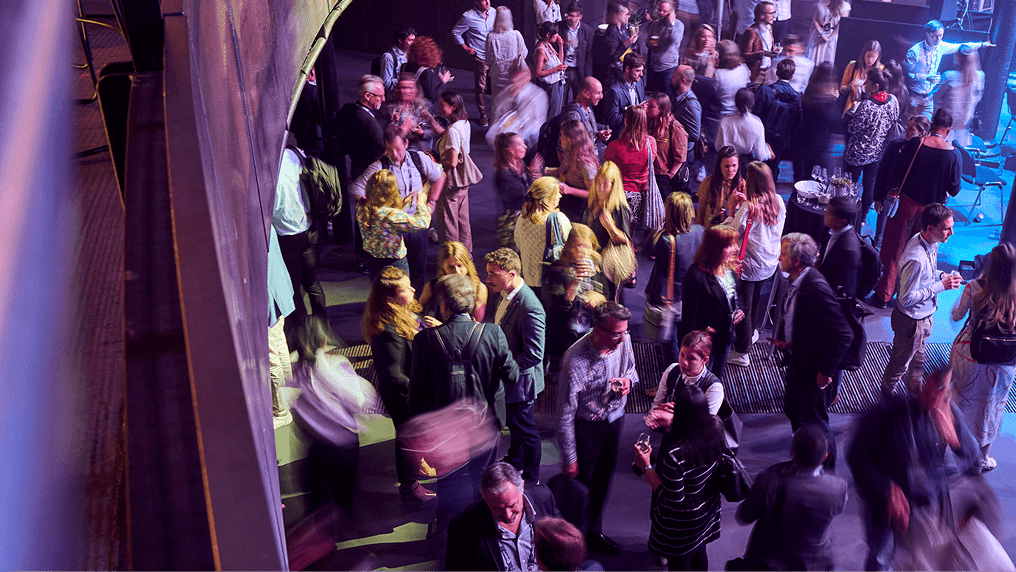Institution: African Leadership University (ALU)
Location: Kigali, Rwanda and Pamplemousses, Mauritius Africa
Focus Area: ALU is on a mission to catalyse the transformation of Africa. By preparing new generations of ethical & entrepreneurial leaders, we ignite a ripple of impact across Africa, and beyond.
Expertise: Mission-Driven Leadership, Entrepreneurship, Development, Advocacy, Conservation, Sustainable Development, Food Systems, Product Design, Circular Campus Operations.
Key Projects:
ALU’s focus on unleashing a generation of changemakers means that a circular economycircular economyA systems solution framework that tackles global challenges like climate change, biodiversity loss, waste, and pollution. It is based on three principles, driven by design: eliminate waste and pollution, circulate products and materials (at their highest value), and regenerate nature. focus is present across its student experience, including the following highlights:
ALU’s School of Wildlife Conservation emphasises the circular economy in its research and teaching and is running research projects around the potential of eco-tourism and circular systems in conservation.
The institution currently has several research studies in the pipeline such as experimenting with various compostingcompostingMicrobial breakdown of organic matter in the presence of oxygen. systems, investigating the informal economy’s impact on forest conservation efforts, testing natural degradation of common Kigali waste and household composting habits, among others.
ALU has also recently launched Circul-Ate, a student-run, on-campus farming cooperative that uses regenerative permaculture principles to circulate campus waste into produce sold by the canteen restaurants.
ALU’s students have started circular economy ventures, such as Wastezon, an e-waste recycling company, with others currently in the incubation phase, such as a circular fashion business, an asset sharingsharingThe use of a product by multiple users. It is a practice that retains the highest value of a product by extending its use period. library network and more.
From a curriculum perspective, circular economy is currently:
Taught in several courses including in Micro- & Macroeconomics, Global Challenges, and others.
Embedded in the student venture prototyping fabrication maker’s space (FabLab) which uses waste from Kigali as inputs in student ventures.
A thematic area for a whole month discussed each year under the Student Ventures Programme (an ALU business incubator programme).
Connect with:
Arsh Raina, Circular Economy Programme Manager (araina@alueducation.com) / (circulareconomy@alueducation.com)
Find out more:
ALU aims to develop 3 million ethical and entrepreneurial leaders for Africa and the world by 2035. It uses a personalized, student-driven, project-based, and mission-oriented approach to create agile, lifelong learners who can adapt to a changing world.





